Cardiac MRI: Detailed Imaging of Your Heart for Better Health
When it comes to diagnosing heart conditions, technology has come a long way in providing healthcare professionals with the tools they need to offer better care. One such advanced technology that has revolutionized the way doctors understand heart health is the Cardiac MRI. This non-invasive imaging technique provides detailed, high-resolution images of your heart, offering valuable insights into your cardiovascular system. But what exactly is a Cardiac MRI, and how can it benefit you? Let’s explore this remarkable tool and its role in heart health.

1. What is a Cardiac MRI?
Cardiac MRI, or Magnetic Resonance Imaging, is a diagnostic imaging technique used to get detailed images of the heart and its blood vessels. Unlike traditional imaging methods such as X-rays or CT scans, Cardiac MRI uses magnetic fields and radio waves to create detailed pictures of the heart. This allows doctors to assess the heart’s structure, function, and the surrounding tissues in a way that’s impossible with other techniques.
One of the key advantages of a Cardiac MRI is its ability to visualize soft tissues without the need for radiation, making it a safer option for repeated use. It also provides better clarity and detail, making it especially useful for detecting heart abnormalities that may not show up in other imaging tests.
Cardiac Solutions
cardiac solutions
5651 W Talavi Blvd, Glendale, AZ 85306, USA
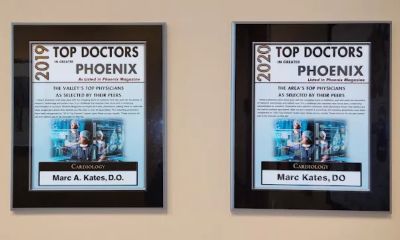
2. The Benefits of Cardiac MRI for Heart Health
Cardiac MRI is used for various purposes, from diagnosing heart conditions to monitoring existing health issues. Below are some of the main benefits of Cardiac MRI:
- Comprehensive Heart Assessment: A Cardiac MRI provides an in-depth view of the heart’s structure, including the heart muscles, valves, and blood vessels. This level of detail helps doctors understand how well your heart is functioning and whether any parts are damaged.
- Non-invasive and Safe: As a non-invasive procedure, Cardiac MRI doesn’t require surgery or inserting instruments into the body. It uses magnets and radio waves to create images, which is a far less risky method than traditional procedures like catheterization.
- Accurate Diagnosis: Cardiac MRI offers superior clarity and resolution compared to other imaging techniques. It can detect conditions such as heart disease, heart failure, coronary artery disease, and even congenital heart defects early on, allowing for better treatment outcomes.
- Monitors Treatment Effectiveness: For patients undergoing treatment for heart disease or recovering from surgery, a Cardiac MRI can help monitor progress, ensuring that treatments are effective in improving heart function.
In short, Cardiac MRI helps doctors make more accurate diagnoses and create effective treatment plans for patients dealing with heart conditions. It’s a powerful tool in heart health diagnostics.
3. When is a Cardiac MRI Recommended?
While a Cardiac MRI is an incredibly useful tool, it’s not always the first test used for diagnosing heart conditions. It is typically recommended when other diagnostic tests such as an electrocardiogram (ECG) or an echocardiogram don’t provide enough information or when doctors need more detailed imaging.
Common situations where a Cardiac MRI might be recommended include:
- Unexplained Chest Pain: If a patient is experiencing chest pain that cannot be explained through other tests, a Cardiac MRI can help identify any underlying heart issues.
- Heart Failure Diagnosis: When a person is diagnosed with heart failure, a Cardiac MRI can provide detailed images of the heart muscles and chambers, helping doctors assess the severity of the condition.
- Cardiomyopathy: For those with suspected or diagnosed cardiomyopathy (a condition where the heart muscle becomes weakened), a Cardiac MRI provides critical information about the heart’s size, shape, and function.
- Congenital Heart Defects: A Cardiac MRI can help doctors diagnose heart defects present from birth, allowing them to plan appropriate treatments or surgeries.
- Monitoring Heart Surgery: After heart surgery, a Cardiac MRI can help monitor recovery, ensuring that there are no complications, and that the heart is functioning as expected.
4. The Procedure: What to Expect During a Cardiac MRI
If you’ve been scheduled for a Cardiac MRI, you might be wondering what to expect. The procedure is generally non-invasive, but there are a few things to keep in mind:
Before the scan, you’ll be asked to remove any metal objects such as jewelry, eyeglasses, and hearing aids, as they can interfere with the magnetic field. You’ll be positioned on a table, and the technician will place you inside the MRI machine, which is a large, tube-shaped device. You’ll need to lie still during the procedure, which can last anywhere from 30 to 90 minutes, depending on the complexity of the imaging required.
During the scan, you may hear loud noises from the machine, but these are normal. You will be given earplugs or headphones to reduce the sound. Some people may feel a little claustrophobic inside the machine, but the technician will be in constant communication with you, and you can always communicate if you feel uncomfortable.
In some cases, a contrast dye may be injected into your bloodstream to provide clearer images of the heart. This dye helps highlight blood vessels and heart chambers during the scan.
5. Common Conditions Detected by Cardiac MRI
Cardiac MRI is known for its ability to detect a variety of heart conditions, including:
- Coronary Artery Disease (CAD): By using Cardiac MRI, doctors can identify blocked or narrowed arteries, which can lead to heart attacks and other serious heart conditions.
- Heart Valve Problems: A Cardiac MRI can assess the condition of heart valves, helping doctors diagnose valve diseases like stenosis or regurgitation.
- Cardiomyopathy: This is a condition where the heart muscle weakens, affecting the heart’s ability to pump blood. Cardiac MRI can determine the extent of the damage and help doctors create a treatment plan.
- Myocardial Infarction: Cardiac MRI can provide detailed images of the heart after a heart attack, allowing doctors to evaluate the extent of heart muscle damage.
- Congenital Heart Defects: For individuals born with heart defects, a Cardiac MRI can help assess the condition and guide surgical decisions.
6. Is Cardiac MRI Right for You?
If you’re at risk for heart disease or experiencing symptoms like chest pain, shortness of breath, or fatigue, it’s important to consult with your doctor about whether a Cardiac MRI is the right option for you. Your doctor will evaluate your medical history, current symptoms, and any previous test results to determine if this advanced imaging technique is necessary.
Overall, Cardiac MRI is a powerful tool that helps doctors better understand the complexities of your heart. It can provide life-saving information and help develop an effective treatment plan tailored to your needs.
If you want to learn more about Cardiac MRI and how it can benefit your heart health, visit HeartCare Hub for more information and personalized recommendations.

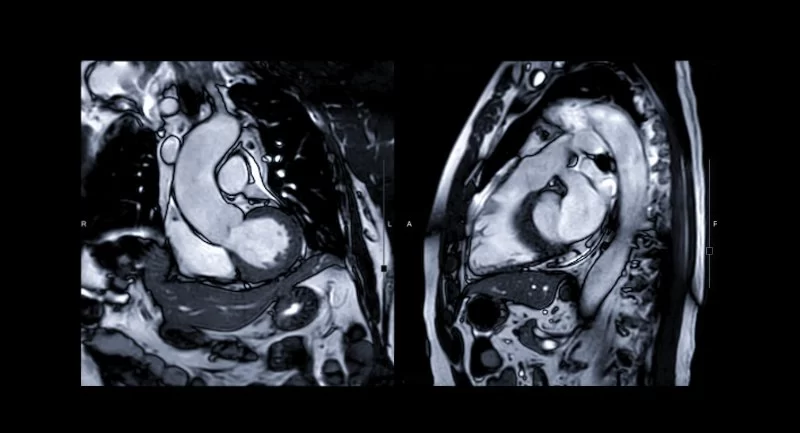
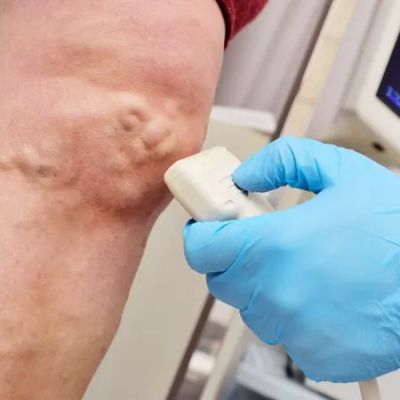
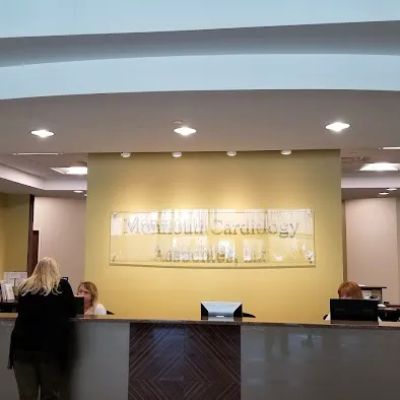



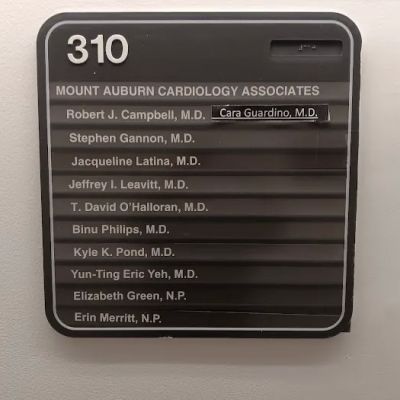
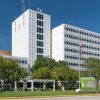













Deborah Heart and Lung Center
deborah heart and lung center
200 Trenton Rd, Browns Mills, NJ 08015, USA